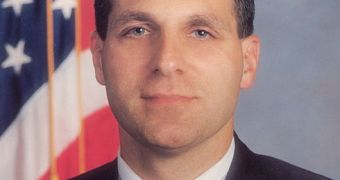In an interview he had with the Associated Press right before the start of the Global Intelligence Forum in Ireland, former FBI Director Louis Freeh explained that US intelligence agencies should learn to better analyze the large quantity of data they collected.
The ex-FBI chief believes that cyber terrorist threats can be thwarted if the Internet, telephone and financial data collected by intelligence agencies is analyzed efficiently.
Freeh warns that cybercriminal attacks on critical infrastructure could cause more damage than the 9/11 attacks. He has highlighted the fact that people should wake up to see that cyber threats are much more than stealing identities and credit cards.
“You could manipulate transportation systems, aviation guidance systems, highway safety systems, maritime operations systems. You could shut down an energy system in the northeast U.S. in the middle of winter,” Freeh noted.
“The potential for mass destruction in terms of life and property is really only limited by (the attackers') access and success in penetrating and hijacking these networks,” he added.
The former director, who now works as private investigator, says that cyber actors, particularly ones sponsored by a nation state, possess extensive capabilities, even if they haven’t used them so far.
“We went through the Cold War without anybody using a nuclear bomb, but that didn't mean the capability and threat weren't there,” Freeh said.
When it comes to government data leaks, the expert believes that “too many people have too much access.”
For instance, the NSA allowed the whistleblower Edward Snowden to freely access and copy top-secret documents.
On the other hand, Freeh seems to agree with the patriot hacker The Jester as far as Snowden is concerned. He emphasizes that the NSA has internal reporting processes for whistleblowers, which Snowden hasn’t used.

 14 DAY TRIAL //
14 DAY TRIAL //